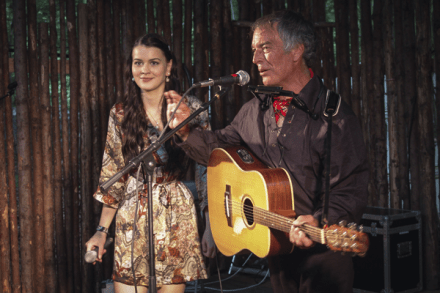Catherine the Great’s purchases returned to Houghton Hall
When the Marquess of Cholmondeley inherited Houghton Hall, the Palladian palace by Colen Campbell and James Gibbs, he started rootling through the cupboards and drawers. In one drawer, he found a treasure map — the original picture-hanging plan for the house, as built by his ancestor Sir Robert Walpole, Britain’s first prime minister. The only problem was, he didn’t have the pictures any more — Walpole’s cash-starved grandson had flogged them to Catherine the Great in 1779, in a sale arranged by James Christie, founder of the auction house. Now the best pictures have been brought back, mostly from the Hermitage, in a show (until 29 September) that is less















